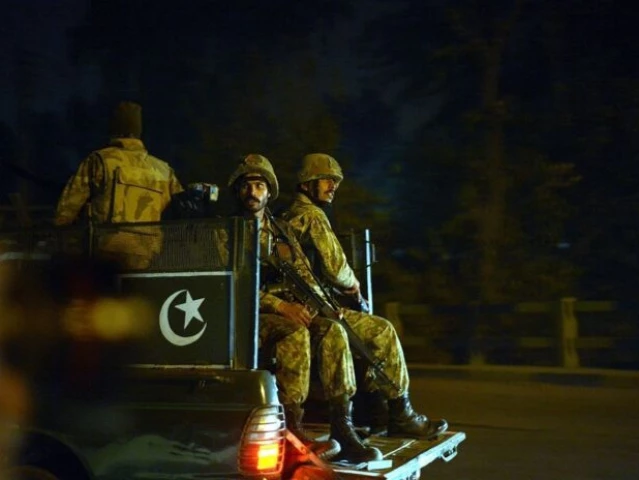Security forces have killed 13 terrorists belonging to the proscribed Tehreek-e-Taliban Pakistan (TTP) group in two separate intelligence-based…
Category: 1. Pakistan
-

Pakistan-Saudi-Turkiye defence deal in pipeline, says minister

Minister for Defence Production says draft agreements already available with all three countries
Centreline Report
ISLAMABAD; Pakistan, Saudi Arabia, and Turkiye have prepared a draft defence…
Continue Reading
-
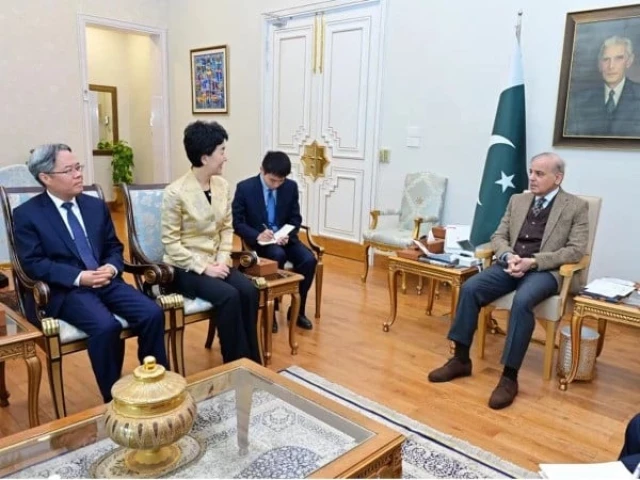
PM Shehbaz calls for timely implementation of CPEC projects to boost China ties
Meets senior Chinese Communist Party official, conveys best wishes to President Xi Jinping
ISLAMABAD:
…Continue Reading
-
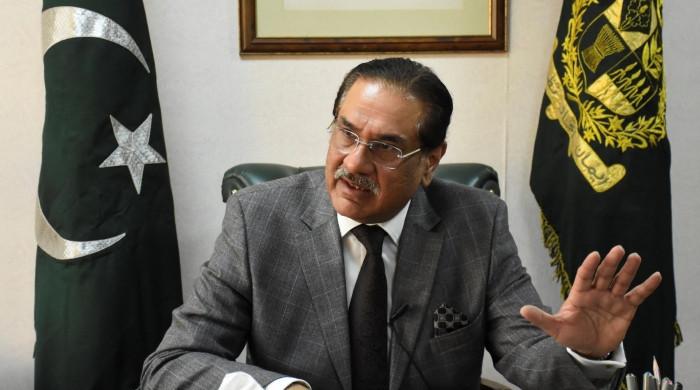
Pakistan-Saudi-Turkiye defence deal in pipeline, says minister
Minister for Defence Production Muhammad Raza Hayat Harraj speaks during an interview with Reuters in Islamabad, Pakistan, January 14, 2026. — Reuters - Minister says draft pact prepared after months of talks.
- Continue Reading
Security forces kill 13 Khwarij in two separate engagements in KP: ISPR – RADIO PAKISTAN
- Security forces kill 13 Khwarij in two separate engagements in KP: ISPR RADIO PAKISTAN
- Security forces kill 13 terrorists in KP operations: ISPR Dawn
- Four India-backed terrorists killed in intelligence-based operation in Balochistan’s Kalat:…
Continue Reading
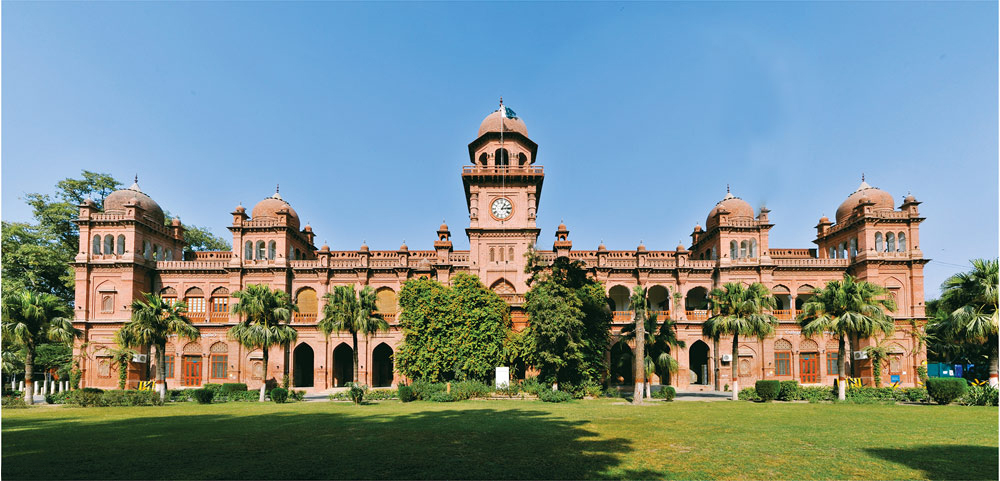
PU, Hunarmand Punjab sign MoU for Youth Skill Deve
LAHORE: (Thursday, January 15, 2026): Punjab University and Hunarmand Punjab Consortium have signed a memorandum of understanding to collaborate on youth skill development and capacity building in emerging and high-demand technologies. In this…
Continue Reading
Security forces kill 13 terrorists in KP operations: ISPR – Dawn
- Security forces kill 13 terrorists in KP operations: ISPR Dawn
- Four India-backed terrorists killed in intelligence-based operation in Balochistan’s Kalat: ISPR Business Recorder
- Three Indian-backed militants killed in CTD operation in DI Khan
Continue Reading
Security forces kill 13 terrorists in KP operations: ISPR – Dawn
- Security forces kill 13 terrorists in KP operations: ISPR Dawn
- CM pays tribute to security forces Business Recorder
- Three Indian-backed militants killed in CTD operation in DI Khan Pakistan Today
- Security forces eliminate four terrorists in…
Continue Reading

Pakistan-Saudi-Turkiye defence deal in pipeline, defence production minister says
Raza Hayat Harraj says potential deal is separate from Pak-Saudi defence deal announced last year
A combination of photos featuring Saudi Crown Prince Muhammad Bin Salman, Pakistan’s Prime Minister Shehbaz Sharif and Turkish President Recep Tayyip…
Continue Reading
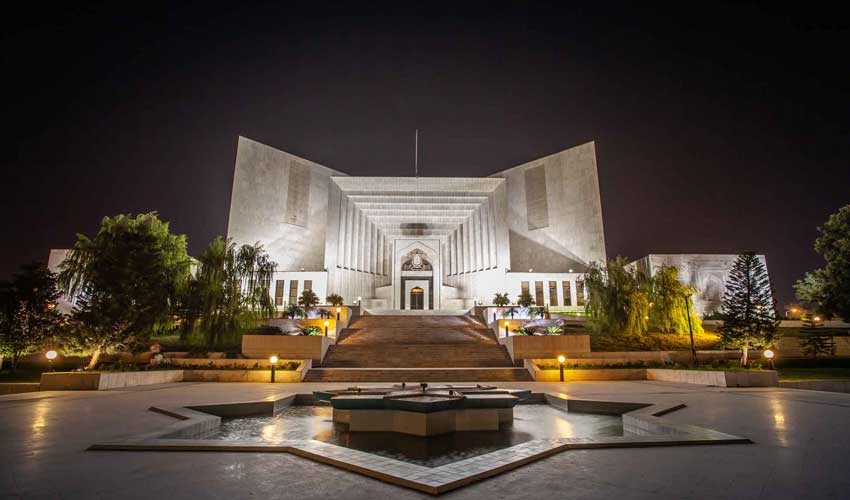
Judicial Commission approves permanence of 11 LHC judges
The commission also reviewed multiple agenda items related to judicial appointments, confirmations, and reforms. An official announcement detailing the decisions taken during the meeting was subsequently issued.
Islamabad High Court judges
The…
Continue Reading
